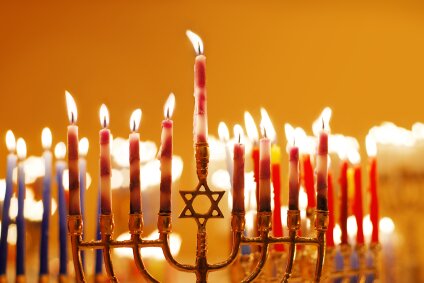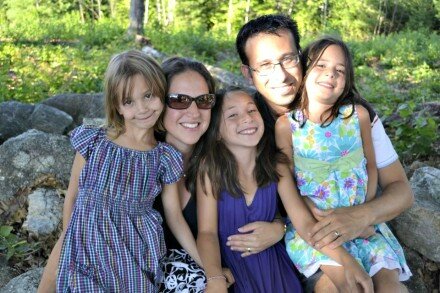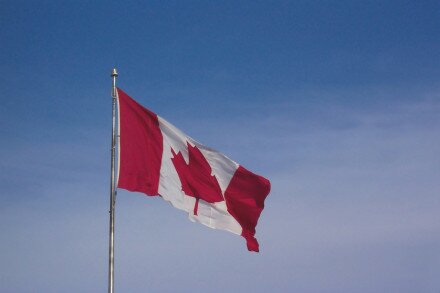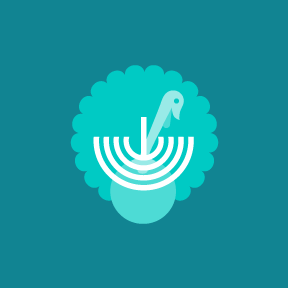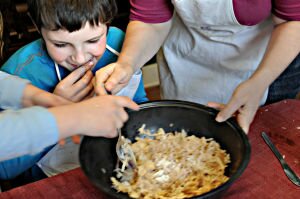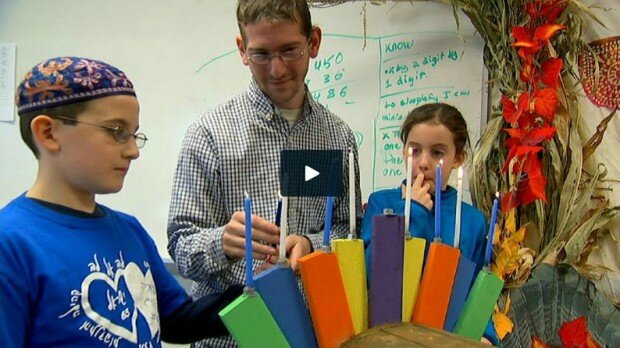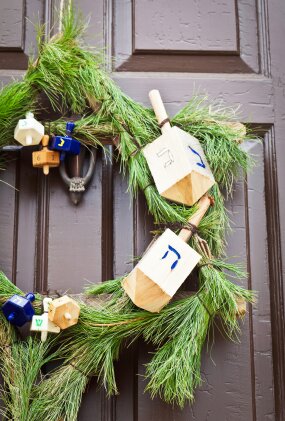By Deanna Mirsky
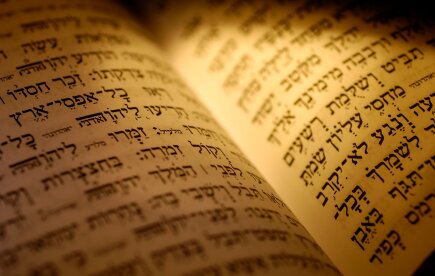 Did the Pilgrims celebrate Hanukkah? No. Did they know about it, and the Maccabees? Certainly.
Did the Pilgrims celebrate Hanukkah? No. Did they know about it, and the Maccabees? Certainly.
THEY STUDIED ALL THE TIME
This gathering of families later called Pilgrims studied, sang psalms, celebrated thanksgivings and endured fasts. The community answered only to its “gathered” members (and reluctantly to its funders).
Plymouth’s literacy was phenomenal: estate inventories from the period before 1660 show that 60-80 percent of households left books. So many books that we don’t begin to have a complete list, because they were often counted as “other small books.”
The Pilgrims were tremendous Bible readers. Their usual text was the Geneva Bible, produced by English Protestant exiles. King James knew that Geneva’s marginal notes and translation choices were full of references to wicked kings and tyrants. Most of the King James translation matches Geneva, but carefully toned down.
The Hanukkah texts aren’t biblical, but Maccabees and Judith were often printed between the “Old” and “New” Testaments, and at least one Geneva Bible at Plymouth included them. Josephus and its fabulous 10th-century derivative, Josippon, were full of heroic material about Judas Maccabeus, available in English and Latin, and were wildly popular among Christians and Jews. Because psalms replaced fixed prayers at Plymouth, our colonists would have known the Hallel psalms sung at Hanukkah well.
THEY LOVED HEBREW
Amazingly, at least two colonists knew Hebrew: Governor William Bradford and Plymouth elder (and teacher) William Brewster, who had run a printing press that published Puritan books and tracts for reshipment to England.
The separatists were in Holland between 1608 and 1620; a year in Amsterdam, then in Leiden, at just the time a Jewish community was forming in Holland. (It is tempting to imagine contacts and to think that Bradford and Brewster learned at the feet of Jews.)
Bradford may have studied Hebrew at Cambridge, and Brewster certainly did. Bradford resumed his study of Hebrew in Plymouth, and his Hebrew exercises and dictionary are bound together with the Of Plimouth Plantation manuscript. More Hebrew is found in the manuscript of another work, his Third Dialogue.
There were many accomplished Christian Hebraists by the 16th century. Printing had enabled cheap production of Bibles and religious works, and made Hebrew texts increasingly available. Hebrew was sacred for Protestants, who saw themselves as the “new Israel.” Followers of John Calvin made ceaseless efforts to create faithful translations and to understand and recreate early Jewish life. Hebrew was a required subject for ministers in (officially) Jew-free England.
THEY LEARNED LOTS OF JUDAICA
The Pilgrims studied in Amsterdam with a great Christian Hebraist and teacher, Henry Ainsworth, who was forced to leave England in 1593 (coincidentally the year of establishment of Amsterdam’s Jewish community). He believed that Jewish writings held the traditions needed to understand the true state of belief, practice and community in the primitive church. You can readily imagine him consulting a Jewish neighbor for help with a translation.
Ainsworth’s books were packed full of Jewish knowledge, much more than was available to the Jews who studied in New Amsterdam a few decades later. Two Ainsworth books were in regular use at Plymouth: the Psalter (psalm book designed for singing) and the Five Books of Moses, with other material: Annotations on the Pentateuch, the Psalms of David and the Song of Solomon.
As in Talmud volumes, the Pentateuch’s notes exceed the text, making a huge range of Jewish knowledge available to the Pilgrims—both the Babylonian and Jerusalem Talmuds, the Greek translation of the Torah (Septuagint), the Aramaic paraphrases (targumim), the commentaries of Rashi, Ibn Ezra, Kimhi and others, the ancient historian Josephus, and legends from many sources. Most numerous of all, there were chunks of the great 12th-century philosopher and codifier Maimonides, from his legal encyclopedia the Mishneh Torah, explaining Jewish practice and law (it was easily enough to fill a whole book). His Pentateuch was around in multiples, abundant enough that a copy was sent on to Virginia. Ainsworth’s Psalter combines prose and metrical translations with music and copious notes—again, many from Jewish sources—and was in use past the time when Plymouth and Boston merged.
Our separatists, who lived in a village with broad intellectual horizons, far more tolerant than Boston, took full advantage of their opportunities. Brewster alone brought more than 400 books on the Mayflower.
This Thanksgiving, and this Hanukkah, remember Plymouth beyond turkey and cranberries. Ask “Mi yemalel?” (“Who can recount the brave deeds of Israel?”). And answer: They could and did at Plymouth.
Deanna Mirsky is a native of Boston and a writer and editor. She is a lover of local history, and most especially its intersections with the Jewish world.






